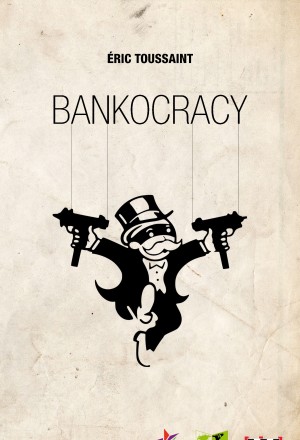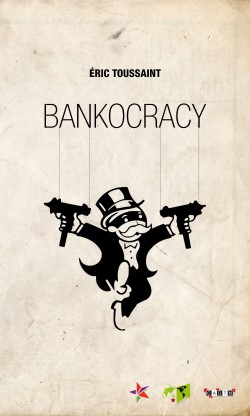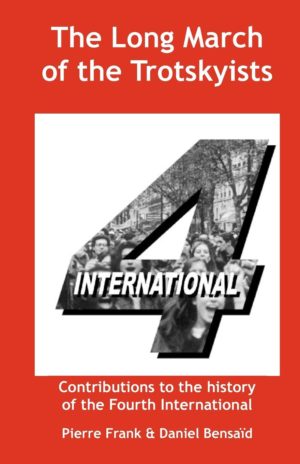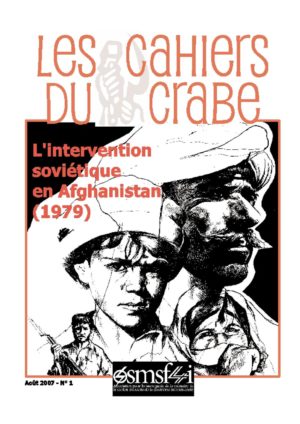Description
Published October 2015 by Resistance Books, the IIRE and the CADTM
Paperback, 334 pages.
ISBN: 978-0-902869-37-0
About the author
Eric Toussaint is a historian and political scientist. He was a member of The Truth Committee on Public Debt established in April 2015 by Zoe Konstantopoulou, President of the Hellenic Parliament, Several of his books have been published in more than a dozen languages and have become reference works on questions of debt and international financial institutions: Debt, the IMF and the World Bank: Sixty Questions, Sixty Answers (2010); The World Bank: A Critical Primer (2008), Your Money or Your Life (2005).
Contents
- 2007-2008 – the explosion of private debt
- The impact of banking deregulation
- Thirty years of financial deregulation
- Banking methods at the root of the crisis
- The quest for maximum Return on Equity
- Banks expand their assets
- The banking collapse of 2008
- Permission to reduce equity/asset ratios
- Basel II: neoliberal euphoria and maximum permissiveness
- Banking regulations: truth and lies
- The nature of the major European banks
- The art of deception
- High leverage is maintained
- Structured products – time-bombs ticking
- New crises ahead
- Sovereign debt is not to blame
- Speculation on raw materials and food
- Currency speculation and exchange-rate manipulation
- Giants with feet of clay
- The ‘Too Big to Jail’ doctrine
- Abusive foreclosures in the United States
- HSBC’s drug money scandal
- Tampering with interest-rates
- Tax evasion and fraud by UBS
- Impunity
- Governments’ and central banks’ collusion
- The Fed bails out Wall Street
- The ECB since 2010
- The European Central Bank’s priorities
- Policies that fail
- The German model
- Capital’s global offensive against Labour
- Discord between IMF and EU?
- The central banks’ dilemma
- Banks from Karl Marx’s day to the present
- Alternatives







